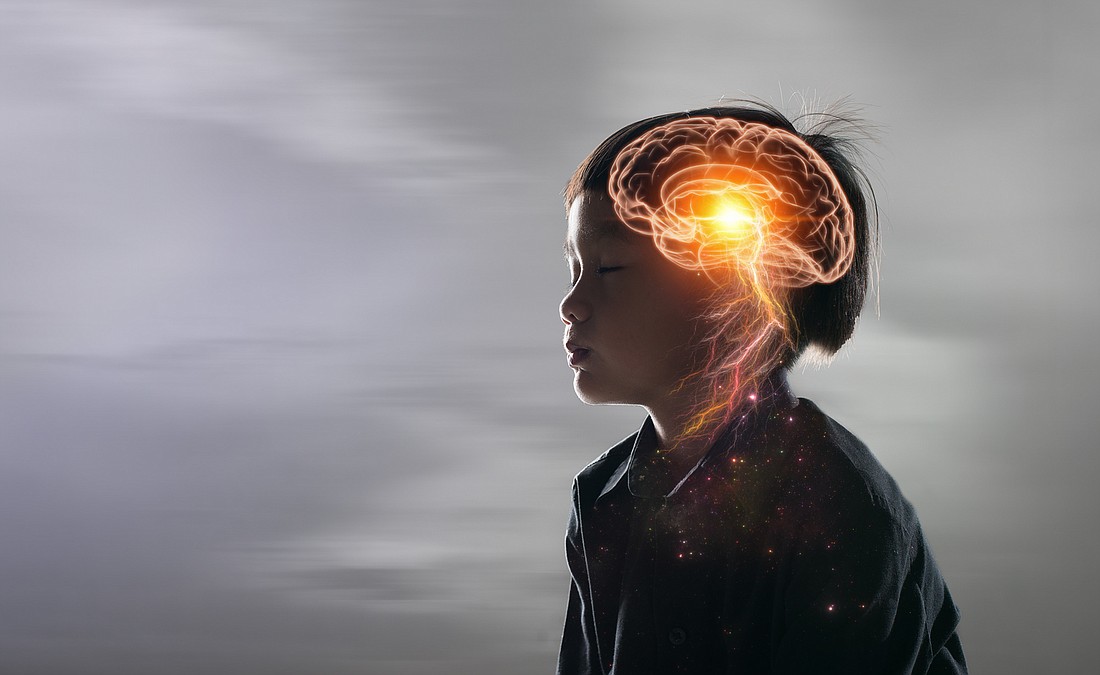
By Rob Mason • Assistant Public Defender
Children accused of crimes face delinquency charges in juvenile court. Depending on their record, or the seriousness of the accusations, they may be prosecuted as adults.
In local legal terms, with juvenile court on the second floor and Circuit Court on the fourth and fifth floors, it's called “kicking the case upstairs.”
Should children “do the time if they did the crime?”
Not necessarily, and certainly not an equivalent amount of time or punishment compared to adults that have committed the same offense.
Let’s face it, kids are different. Their brains work differently than adult brains.
It doesn’t matter how smart a teen may be, whether they scored well on the SAT or whether they have a stellar GPA. Parents struggle to understand why their teenagers occasionally behave in impulsive, irrational or dangerous ways.
At times, it seems teens don't think things through or even consider the consequences of their actions. That’s because often they don’t.
Adolescents differ from adults in the way they behave, solve problems and make decisions. There is a biological explanation: Their brains aren’t fully developed and won’t be until age 25 or so.
Technological breakthroughs, brain-imaging techniques performed by high-resolution structural and functional magnetic resonance imaging, have advanced the understanding of the human brain and its development as it progresses from childhood through adolescence and into adulthood.
Developmental neuroscience studies have shown that the structure of the adolescent brain and the way that it functions are immature compared to the adult brain.
The frontal lobe undergoes significantly more changes during adolescence than any other stage of life. It also is the last part of the brain to develop. Even as adolescents become more capable in other areas, they’re not able to reason as well as adults.
Adolescents’ actions are guided more by the emotional and reactive amygdala and less by the thoughtful, logical frontal cortex. As such, adolescents are less able than adults to cognitively self-regulate their behavior.
This helps to explain why adolescents are overrepresented in virtually every category of reckless behavior, sensation-seeking and risk-taking. Adolescents experience heightened levels of sensitivity to immediate rewards. Although adolescents can appreciate risks, they overvalue the potential reward.
Adolescents are more vulnerable or susceptible to negative influences and outside pressure. Their character is not as well formed as an adult.
Thus, from a moral standpoint, it is misguided to equate the unlawful behavior of a child to that of an adult. Their lack of maturity and underdeveloped sense of responsibility lessen their culpability and makes them less deserving of the most severe punishments.
Don’t believe me? Then how about the U.S. Supreme Court? See Roper v. Simmons, 543 U.S. 552 (2005) and Graham v. Florida, 130 S.Ct. 2011 (2010).
These brain differences don't mean that young people can't make good decisions or tell the difference between right and wrong. Nor does it mean that they shouldn't be held responsible for their actions.
However, an awareness of these differences can help parents, teachers, advocates, policymakers and stakeholders in the criminal and juvenile justice system better understand the behavior of adolescents.
This understanding of adolescence does not excuse young offenders for criminal or delinquent behavior, but it definitively lessens their culpability.
While science cannot gauge moral culpability, science can shed light on factors relevant to culpability and the appropriateness of punishment. Juvenile defenders and criminal defense attorneys need to understand adolescent brain development and present supportive evidence as mitigation.
Additionally, in order to fairly treat adolescents and young adults, prosecutors also need to understand the science. An understanding of adolescent brain development will assist and elevate the level of representation by attorneys in any practice area where an adolescent’s behavior is relevant to their client’s case.
Rob Mason is director of the Juvenile Division, Office of the Public Defender, 4th Judicial Circuit.